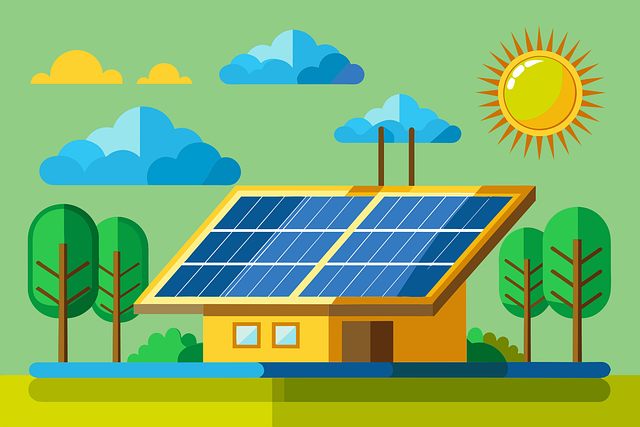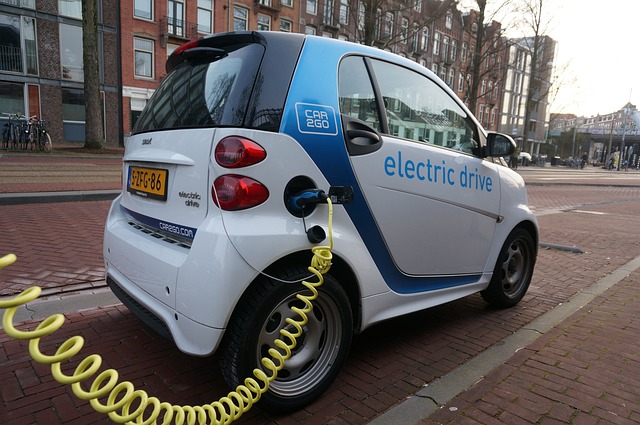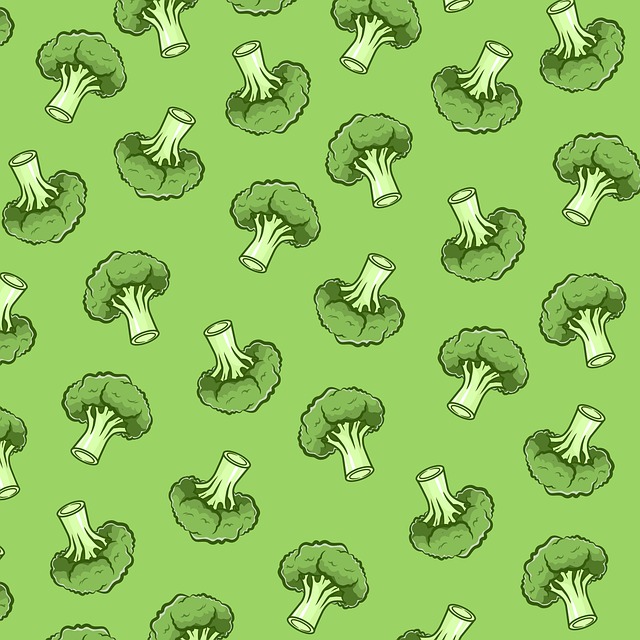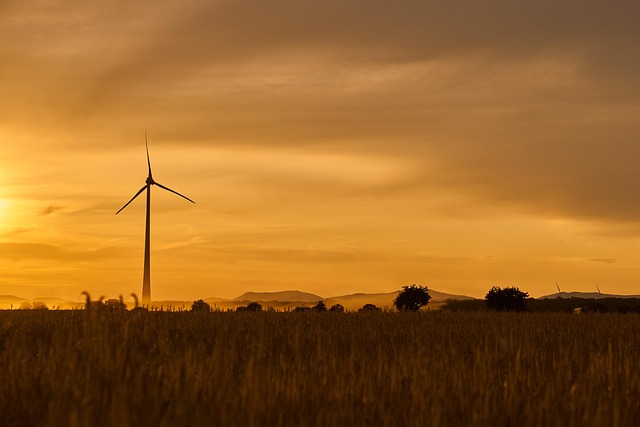Tankless water heaters, integrated with low-flow fixtures, rainwater harvesting, and smart monitoring, represent a significant shift towards sustainable living. These eco-friendly plumbing solutions eliminate storage tanks, reduce energy consumption, and minimize environmental impact by using sustainable materials. Homeowners can optimize water usage, track consumption in real-time, and save costs while embracing a greener lifestyle.
In today’s quest for sustainable living, adopting eco-friendly plumbing solutions like tankless water heaters is a game-changer. This efficient technology eliminates the constant energy drain of conventional storage tanks, reducing utility bills and environmental impact. By integrating low-flow fixtures with tankless heaters, homeowners can further minimize water usage. Moreover, rainwater harvesting systems offer an innovative way to supplement hot water needs, enhancing overall sustainability. With smart monitoring, you can optimize water usage, making your home both environmentally friendly and cost-effective.
- Understanding Tankless Water Heaters: How They Work and Their Benefits
- Eco-Friendly Plumbing: The Role of Low-Flow Fixtures and Tankless Heaters
- Sustainable Living: Rainwater Harvesting and Its Integration with Tankless Systems
- Smart Monitoring and Energy Efficiency: Optimizing Your Home's Water Usage
Understanding Tankless Water Heaters: How They Work and Their Benefits

Tankless water heaters, also known as on-demand or instant heaters, represent a significant shift from traditional tank-based systems. Instead of storing hot water in a reservoir, these eco-friendly plumbing solutions heat water only when it’s needed. This straightforward yet innovative approach offers numerous benefits for both homeowners and the environment. By eliminating the need for a large storage tank, tankless heaters reduce energy consumption and lower utility bills, especially in households with low-flow fixtures and smart monitoring systems.
One of the key advantages lies in their sustainability credentials. Many modern tankless heaters are designed using sustainable materials and incorporate rainwater harvesting technologies, further enhancing their environmental friendliness. This efficient water heating method also minimizes waste as it avoids the constant reheating of water that occurs with traditional tanks. With their compact size and space-saving design, these heaters can be easily integrated into any plumbing system, making them a popular choice for those seeking to incorporate green practices without compromising on comfort or convenience.
Eco-Friendly Plumbing: The Role of Low-Flow Fixtures and Tankless Heaters

In the pursuit of eco-friendly plumbing solutions, the integration of low-flow fixtures and tankless heaters stands out as a powerful duo for water conservation. Low-flow fixtures, such as aerator-equipped faucets and showerheads, significantly reduce water usage without compromising performance, making them a cornerstone of sustainable practices. By implementing these fixtures alongside tankless heaters—which provide hot water on demand, eliminating the need for constant storage heating—homeowners and businesses can enjoy substantial water and energy savings.
Beyond conventional methods, rainwater harvesting is another facet of eco-friendly plumbing that aligns with the use of low-flow fixtures and tankless heaters. Capturing and utilizing rainwater for non-potable uses, like irrigation or toilet flushing, further reduces strain on municipal water supplies. Additionally, embracing sustainable materials in plumbing installations can mitigate environmental impact, ensuring a holistic approach to efficient water management. Smart monitoring technologies complement these measures by providing real-time data on water usage patterns, empowering users to make informed adjustments and optimize their plumbing systems.
Sustainable Living: Rainwater Harvesting and Its Integration with Tankless Systems

Sustainable living has become a pressing concern for many homeowners, and integrating eco-friendly plumbing solutions is at the forefront of this movement. One such innovative approach is rainwater harvesting, which harnesses nature’s resource to fulfill domestic water needs. By collecting and storing rainwater from rooftops, households can significantly reduce their reliance on conventional water supplies. This method not only minimizes environmental impact but also contributes to long-term cost savings.
When combined with tankless heaters, rainwater harvesting takes on a new dimension of efficiency. Low-flow fixtures, powered by these energy-efficient systems, further enhance water conservation. Tankless heaters provide hot water on demand, eliminating the need for large storage tanks and minimizing heat loss. Smart monitoring technologies complete this sustainable cycle, allowing homeowners to track their water usage, ensuring responsible consumption, and promoting a greener lifestyle.
Smart Monitoring and Energy Efficiency: Optimizing Your Home's Water Usage

In today’s digital era, embracing eco-friendly plumbing solutions is more than just a trend; it’s a step towards sustainability. One of the most efficient ways to optimize your home’s water usage is by installing tankless heaters. Unlike traditional models, these heaters provide hot water on demand, eliminating the energy waste associated with constant heating and storage. This not only reduces your carbon footprint but also leads to significant cost savings on your utility bills.
Complementing tankless heaters are low-flow fixtures and rainwater harvesting systems. By integrating smart monitoring technologies, homeowners can track their water usage in real-time, identifying areas for improvement. For instance, these systems can detect leaks or unusual spikes in consumption, allowing immediate action to prevent waste. Additionally, using sustainable materials in plumbing installations further contributes to a greener lifestyle, ensuring that your home’s water management is both efficient and environmentally friendly.
